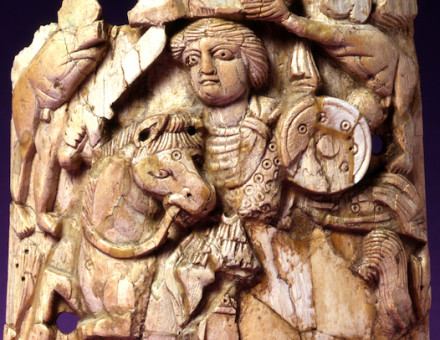Masculinity, Men's Bodies and the Great War
Joanna Bourke on how new ways of looking at masculinity are revising our view of men’s experience in the First World War.
Less than ten years ago, the words 'gender history' were interchangeable with 'women's history'. Not any more. Thanks to the efforts of a wide range of scholars engaged in mapping out a distinctive narrative concerning masculinity, 'gender' has become a much more complex, interactive concept. Indeed, the new 'invisible actors' in history are revealed to be men. Much of the early work on masculinity focused on institutions such as public schools and boys' organisations. Historians also turned to an examination of manliness in the context of literature, the empire, liberalism, religion, sexuality- and domesticity.





